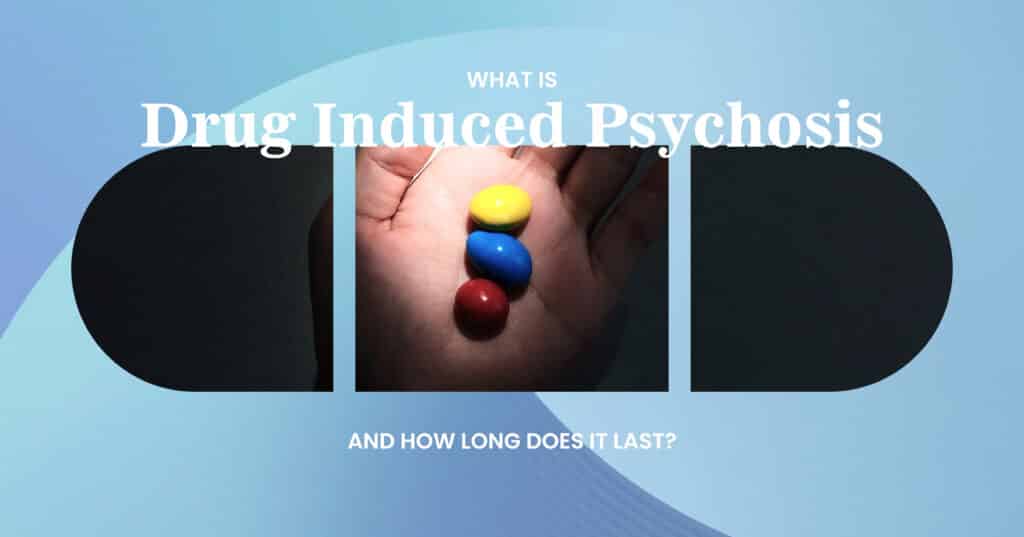Drug-induced psychosis is a complex and potentially severe mental health condition that disrupts a person’s perception of reality, often resulting from the use of, or withdrawal from, certain substances. This condition can manifest through a variety of symptoms, including hallucinations, delusions, and disorganized thinking, impacting an individual’s ability to differentiate between what is real and what is not. The duration of drug-induced psychosis can vary significantly, influenced by various factors including the type of substance used, the individual’s mental health history, and the timeliness of receiving treatment.
What Triggers Drug-Induced Psychosis?
Substances known to potentially cause psychotic episodes include illegal drugs like cocaine, methamphetamine, and cannabis, as well as legal substances such as alcohol. Certain prescription medications, particularly when misused, can also lead to psychosis. The risk and severity of psychosis can vary based on the substance’s impact on the brain, the amount consumed, and the user’s overall mental health and history of substance use.
Symptoms to Watch For
Common symptoms of drug-induced psychosis include but are not limited to:
- Hallucinations: Experiencing sensations that are not present in reality, such as seeing or hearing things that aren’t there.
- Delusions: Strong beliefs in things that are not true or based on reality.
- Disorganized Thinking: Difficulty in maintaining coherent thoughts or conversations.
- Behavioral Changes: Unpredictable or inappropriate actions not aligned with the situation.
These symptoms not only cause significant distress for the individual experiencing them but can also have profound effects on their relationships and ability to function daily.
Duration: How Long Does It Last?
The length of drug-induced psychosis can vary widely. Some individuals may experience symptoms for a few hours, while others may face them for weeks, months, or even longer. The duration often depends on the drug involved, the amount and frequency of use, and whether the individual has underlying mental health issues. In some cases, especially without timely and appropriate treatment, drug-induced psychosis can lead to persistent psychiatric conditions like schizophrenia.
Treatment and Recovery
Effective treatment for drug-induced psychosis typically involves a combination of medication, therapy, and support services, aimed at managing symptoms and addressing the root cause of the psychosis. Immediate cessation of drug use, under medical supervision if necessary, is a critical first step. From there, treatment may include the use of antipsychotic medications and benzodiazepines, along with individual or group therapy to provide psychological support and education on managing symptoms and preventing relapse.
It’s essential for individuals experiencing, or at risk of, drug-induced psychosis to receive comprehensive care from healthcare professionals experienced in diagnosing and treating psychosis and substance use disorders. Early intervention and tailored treatment plans can significantly improve outcomes, helping individuals regain stability and reduce the risk of long-term psychological effects.
Conclusion
Drug-induced psychosis is a serious condition that demands prompt attention and care. By understanding the triggers, recognizing the symptoms, and seeking appropriate treatment, individuals can achieve recovery and minimize the risk of long-term damage to their mental health. If you or someone you know is struggling with symptoms of psychosis, especially if there is a history of substance use, it’s crucial to seek professional help immediately. Recovery is possible with the right support and treatment.









